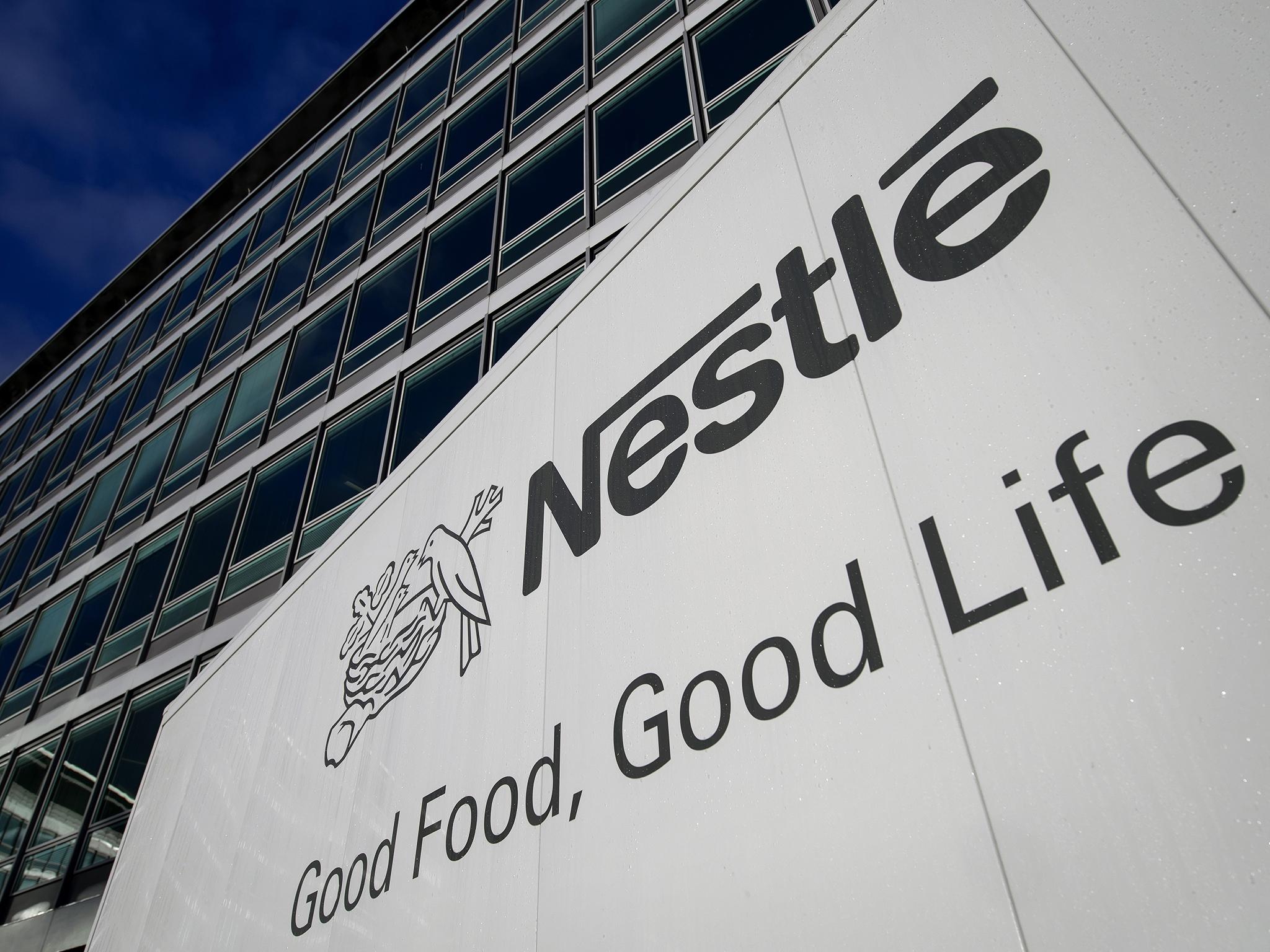Nestle is being sued for allegedly using child slaves on cocoa farms
Nestle has been accused of active involvement with the massive business of child labour in the Ivory Coast

The world's largest food producer is to be sued over allegations that it used child slaves to harvest cocoa in the Ivory Coast in Africa.
Nestle SA has lost its bid to throw out a court case which has accused it of using child labourers for its chocolate products.
The US Supreme Court has rejected the appeal from Nestle and two other companies to dismiss the lawsuit which was left in place by the high court in December 2014, according to Reuters.
The plaintiffs, originally from Mali, say that the companies aided and abetted human rights violations through the purchasing of cocoa from the Ivory Coast. The companies were allegedly aware of the problem of child slavery in the region yet provided financial and technical assistance to local farmers to get the cheapest product.
Abby McGill, campaign director from the International Labour Rights Forum, which originally filed the lawsuit, told The Independent: “We have fought for a long time to bring accountability to supply chains and to bring redress for the victims.”
Citing a US Department of Labor-sponsored report from July 2015, there are 2.12 million child labourers in the Cote d’Ivoire and Ghana employed in cocoa production, a vast increase from around 1 million the previous year.
Data cited by McGill from 2013 show that the average cocoa farmer has six children and survives on a real income of 40 cents per dependent per day.
So far US companies have fought off similar lawsuits quite easily as judges ruled the cases brought against them did not directly touch upon the US. This is a result of a ruling in 2013 that made it harder for plaintiffs to sue corporations in US courts for abuses alleged to have happened overseas.
In Nestle’s case - Nestle Inc v. John Doe, U.S. Supreme Court, No. 15-349. - the appeals court said the plaintiffs could update their lawsuit to make sure they meet the higher hurdle of the 2013 ruling. The US Chamber of Commerce has urged the court to hear the case.
Patti Rundall, policy director at campaign group at International Baby Food Action Network, has challenged Nestle’s practices for over 30 years, including the company’s much disputed practice of distributing bottled milk instead of promoting breast milk in developing countries.
She welcomed the news that the case has not been dismissed, but said there is a long road ahead.
“Every time you eat their chocolate you are benefitting from child slavery,” she said. “There is very little cocoa production that isn’t sourced in a bad way and it will take a long time to change that due to the nature of large corporations.“
Join our commenting forum
Join thought-provoking conversations, follow other Independent readers and see their replies
Comments
Bookmark popover
Removed from bookmarks